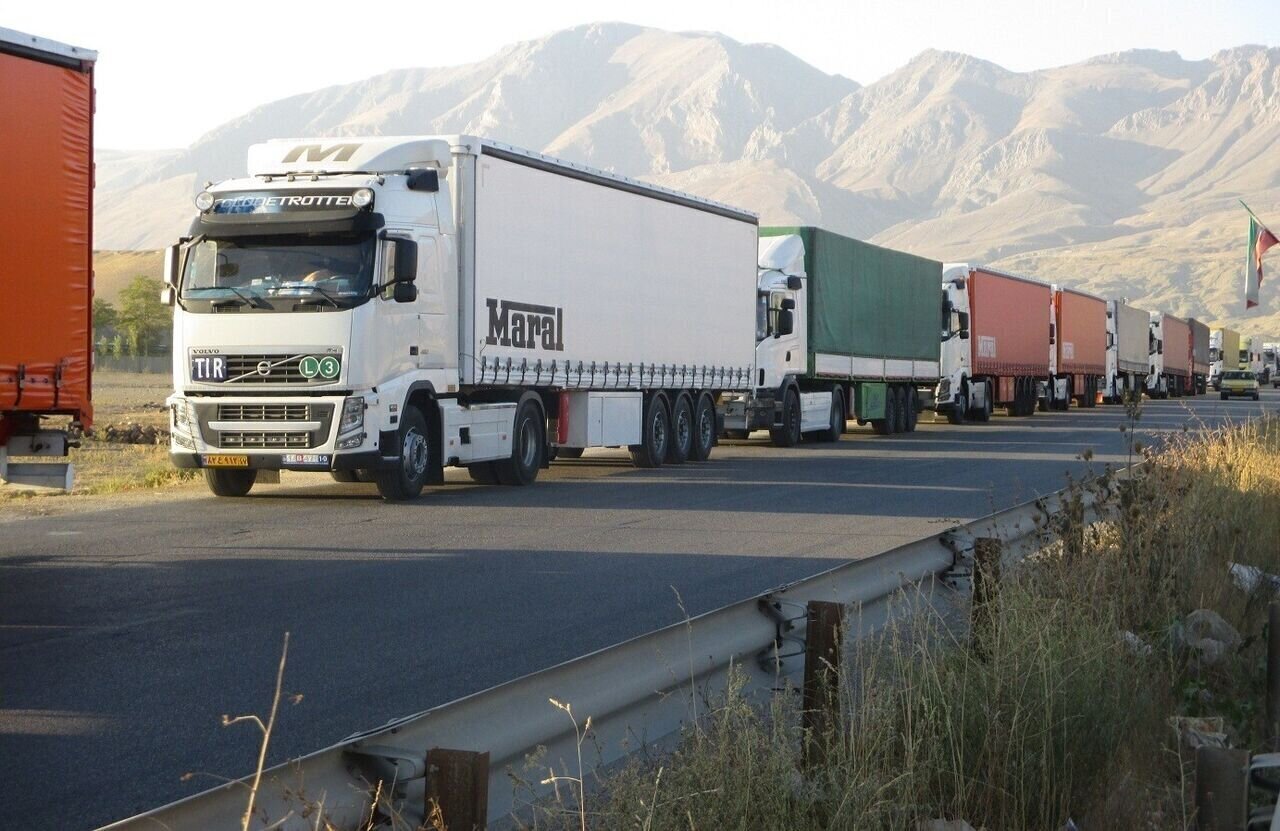‘Iran offers landlocked ECO states access to intl. trade routes via multimodal transport’

TEHRAN – Iran is ready to provide facilities for landlocked member states of the Economic Cooperation Organization (ECO) to develop multimodal transport links, Transport and Urban Development Minister Farzaneh Sadegh stated.
Speaking at a meeting of ECO landlocked countries in Turkmenistan, Sadegh praised the initiative as a step toward closer integration between coastal and landlocked members. She said the event’s outcomes could boost transit and trade across the ECO region, which has seven landlocked members.
Sadegh highlighted that strengthening transport and transit connections between landlocked and coastal ECO countries is a priority under the İzmir Treaty, the organization’s founding document. She recalled that the 13th ECO transport ministers’ meeting, held in Tehran earlier this year, approved measures focused on such connectivity, including linking landlocked members to maritime routes.
Iran, she said, is well-positioned to play a constructive role, given its strategic location at the crossroads of north–south and east–west transport corridors, 250,000 km of roads, 15,000 km of railway, 16 commercial ports in the north and south, and access to the Persian Gulf, Gulf of Oman and the Indian Ocean.
She cited the recent launch of an ECO freight train connecting Turkey, Iran and Turkmenistan — part of the Almaty–Tashkent–Ashgabat–Tehran–Istanbul corridor — as a milestone in linking landlocked ECO states to global markets. Sadegh proposed that the ECO Secretariat hold regular technical and commercial meetings to ensure consistent freight services on ECO corridors.
As part of Iranian initiatives, she noted the drafting of the “ECO Gate” document, aimed at granting landlocked members access to open seas with special port and maritime concessions from coastal members. She urged the ECO Secretariat and the UN Office of the High Representative for the Least Developed Countries, Landlocked Developing Countries and Small Island Developing States to help implement the plan swiftly.
Sadegh also said Iran is ready to provide logistical cooperation for ECO landlocked states through its Chabahar, Shahid Rajaee and other ports. She emphasized multimodal transport as a key to deeper cooperation, pointing to Iran’s proposed “ECO Multimodal Transport Implementation Guidelines,” now awaiting finalization at the first meeting of the ECO Coordinating Council’s multimodal transport committee.
She added that agreements under the Asian Highway Network, the Trans-Asian Railway and the UNESCAP Dry Ports Agreement — to which almost all ECO members are signatories — offer further opportunities for connecting landlocked members to international markets. In Iran, she noted, Asian Highway routes link northern borders with Turkmenistan and Azerbaijan to northern ports and onward to southern ports, enabling direct access to open seas.
EF/MA
Leave a Comment